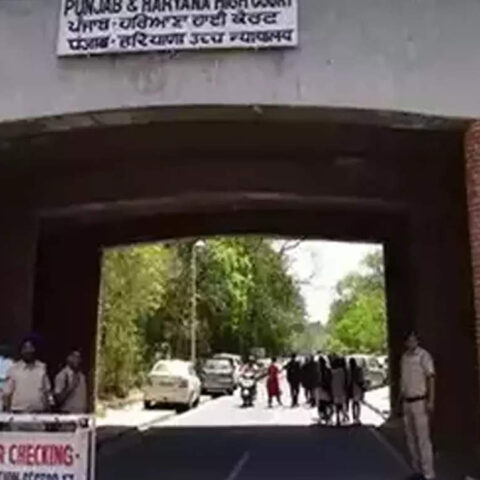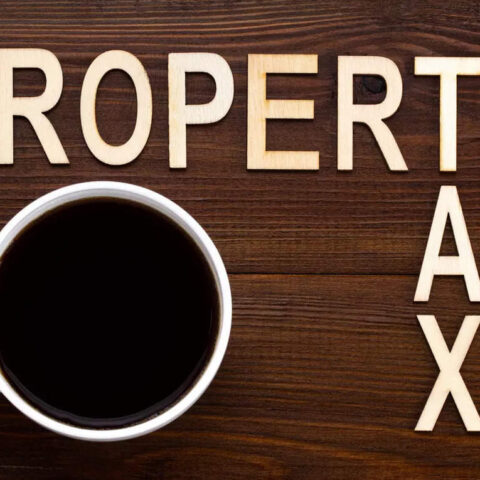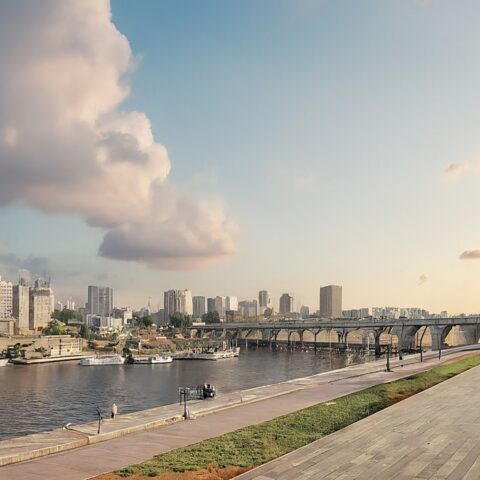
MUMBAI: High-density housing in urban areas to ensure efficient land utilisation, incentivising private developers and promoting public-private partnerships (PPPs) are some of the measures that govt proposes to take as it seeks to boost the supply of affordable housing in the state. The draft housing policy issued by the state housing dept says leveraging Pradhan Mantri Awas Yojana will be a key strategy.
It focuses on economically weaker sections (EWS), low-income groups (LIG) and middle-income groups (MIG) to address the challenges of ‘housing for all’ and to achieve a slum-free Maharashtra.
The draft policy proposes mobilising funds through govt budgets, financial institutions and innovative financing models such as real estate investment trusts and infrastructure investment trusts. It proposes formation of a state-level housing fund to be monitored by the housing department to support projects by public authorities, PPP as well as by private developers.
It outlines subsidy schemes, tax incentives and other financial benefits for developers and homebuyers. It proposes the adoption of BMC‘s premium rates and instalment facility by Mhada, as well as directing corporate social responsibility (CSR) funds towards housing projects. It suggests establishing a CSR-Housing Development Board. Companies could collaborate with Mhada to co-finance affordable housing projects, provide housing for the homeless and finance skill training programmes for construction workers, it says.
According to it, the Dharavi model will be replicated for other slums—like the special purpose vehicle (SPV) set up for Dharavi in the 20:80 ratio (20% equity of govt and 80% the developer), SRA will be allowed to set up SPVs for other projects. SRA will directly undertake rehabilitation on public land and contractors will be appointed through competitive bidding, it proposes.
In the case of slums on central govt land, rehabilitation schemes can be implemented through a joint venture between the Centre and SRA, says the draft policy. “The corpus fund can be [made] available from the respective department of the GoI,” it states. Slumdwellers’ organisations will be allowed to develop a slum using 10% of the area for sale and 20% for public amenities. To redevelop slums on private land, the draft policy has proposed paying the landowner 25% of the ready reckoner rate as acquisition cost.
To expedite redevelopment, it proposes permanent transit camps on salt pans and land owned by Mumbai Port Trust and other public bodies.
Urban researcher Hussain Indorewala says any new housing policy will first require a comprehensive survey on the lines of a 2012 central govt report so that requirements of EWS, LIG and MIG can be clearly established. “This document simply lists the existing schemes and programmes and suggests modifications to them without any evaluation of how those schemes have performed or an analysis of the existing housing situation,” he says.
Govt has invited suggestions and views before Oct 3 on housing(dot)gnd-1@mah(dot)gov(dot)in.









